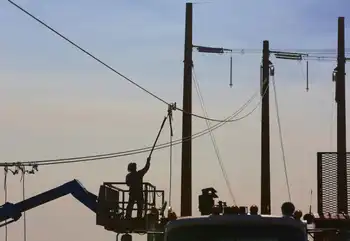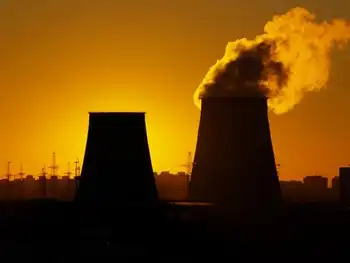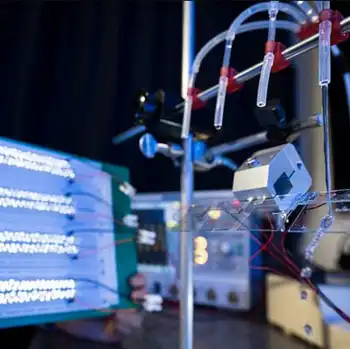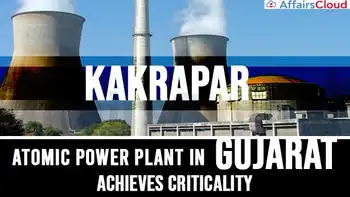Doe's Vision 21 Program Sets Goal of Zero Emission Power Plant of The Future, in An Advisory by Industrialinfo.COM
- HOUSTON -- The energy plant of the future is being developed through a series of research projects funded jointly between the DOE (Department of Energy) fossil energy division and private sector partners. The Vision 21 Program seeks to develop an ultra-clean, virtually emission-free power plant ready for commercial generation by 2015. The program sponsors emerging state-of-the-art technologies, which will be combined in a modular plant configuration to utilize multiple fuels (coal, natural gas, biomass, petroleum coke, and municipal waste) and produce electricity along with other liquid fuels and/or chemicals. The program sets performance targets of greater than 60% fuel to energy efficiency for coal systems and greater than 75% fuel to energy efficiency for gas.
Speaking at the recent annual meeting of the Western Coal Transportation Association, Fred Palmer, vice president of legal and external affairs for Peabody Energy (NYSE:BTU) (St. Louis), said that Peabody Energy is fully supporting and is an active partner in the Department of Energy's Vision 21 Program. The goal of this innovative program is to build the power plant of the future with essentially zero emissions. Mr. Palmer went on to mention an ambitious coal industry program to achieve a zero emission coal-fired power plant in operation by 2025.
This summer the DOE announced the winners of the third and final round of project funding. So far the DOE has promised $22 million to be spent over three years on the twelve projects selected. These projects focus on developing specific modular components of the plant and involve fuel cell technologies, coal gasification, high strength materials, hydrogen separation, and computer systems to name a few.
Related News
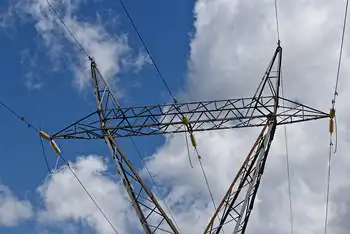
Russian Missiles and Drones Target Kyiv's Power Grid in Five-Hour Assault
MOSCOW - In a troubling escalation of hostilities, Russian forces launched a relentless five-hour assault on Kyiv, employing missiles and drones to target critical infrastructure, particularly Ukraine's power grid. This attack not only highlights the ongoing conflict between Russia and Ukraine but also underscores the vulnerability of essential services in the face of military aggression.
The Nature of the Attack
The assault began early in the morning and continued for several hours, with air raid sirens ringing out across the capital as residents were urged to seek shelter. Eyewitnesses reported a barrage of missile strikes, along with the ominous whir…

